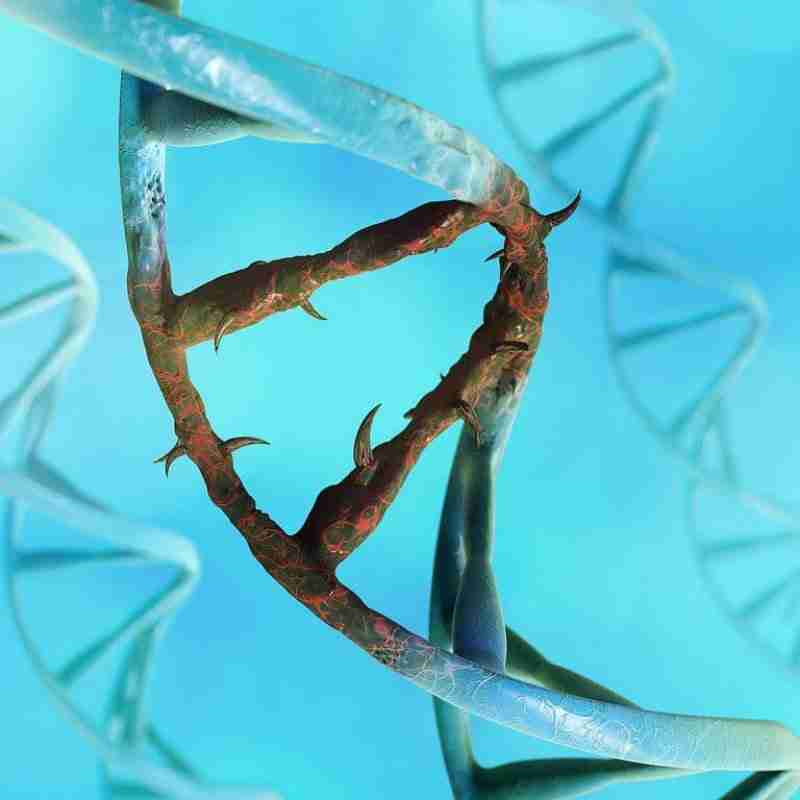To anyone with a basic understanding of evolution, it should seem puzzling that deadly genetic diseases, passed on from one generation to the next, haven’t eradicated themselves by now.
…
In a PLOS Genetics paper, postdoctoral genetics researcher Carlos Eduardo G. Amorim and his colleagues explained why gene mutation rates and disease occurrence don’t balance themselves out — even though they theoretically should. Their explanation is based on a theory explaining the equilibrium between deadly disease and natural “purifying” selection for healthy individuals that’s long been floated in the evolutionary biology community.
…
The mutation-selection balance theory states, simply, that the number of deleterious genes in a population should balance out the number of genes eliminated by natural selection. To test it, the team compared a real-world data set to theoretical models of the mutation-selection balance, looking specifically at 417 mutations on 32 genes that cause lethal recessive genetic disorders.
…
“Now we know that these assumptions are likely true,” says Amorim, “and thus we can now make better guesses of what frequencies we’d expect to see disease mutations in human populations, and conversely how to use information on allele frequencies (that are now available in many public databases) to learn about the health effects of a given mutation or to search for new disease mutations.”
The GLP aggregated and excerpted this blog/article to reflect the diversity of news, opinion, and analysis. Read full, original post: Scientists Show Why Genetic Disease Persists, Despite Evolution



































